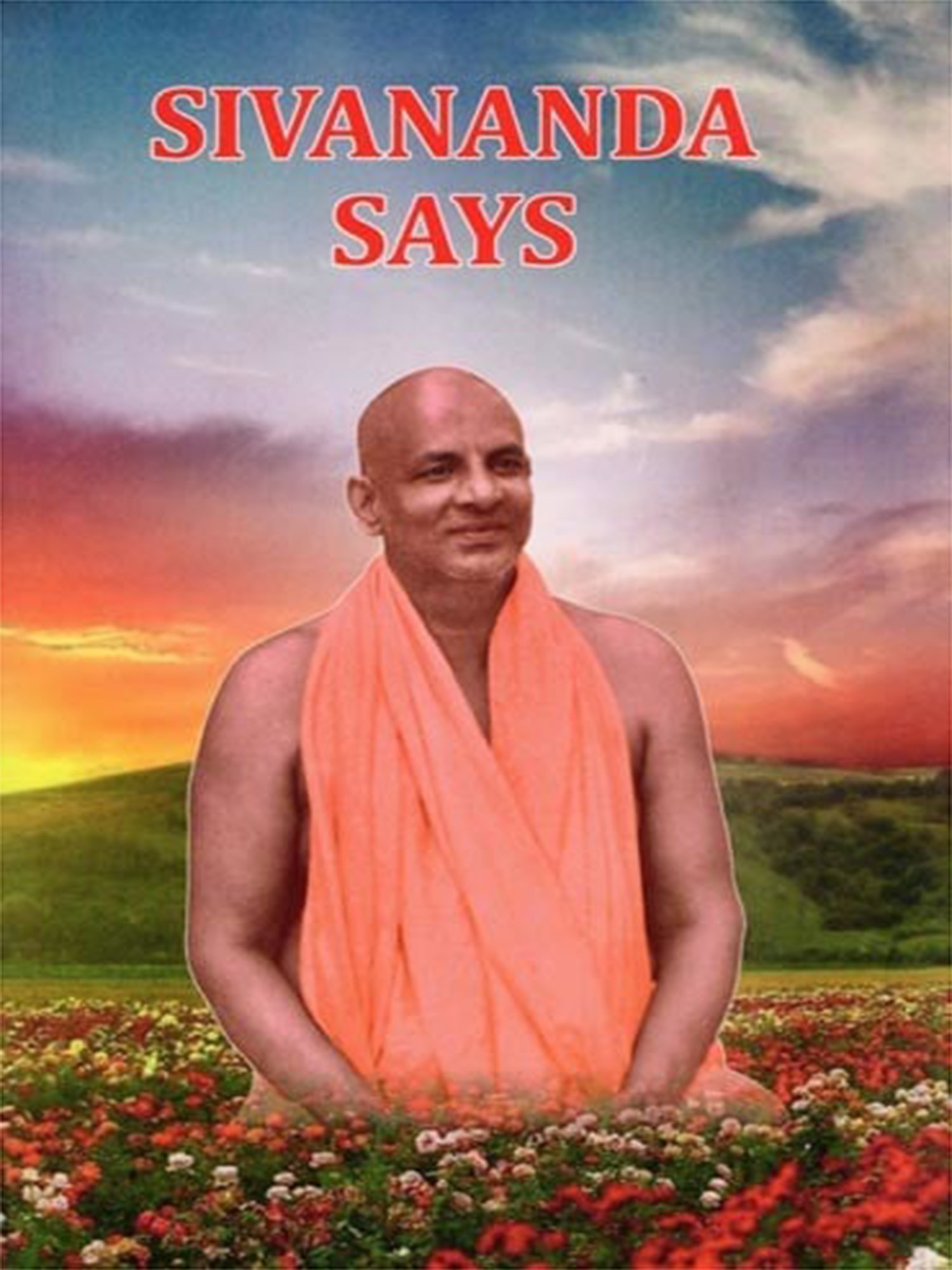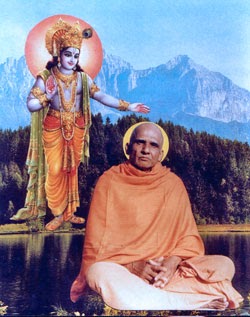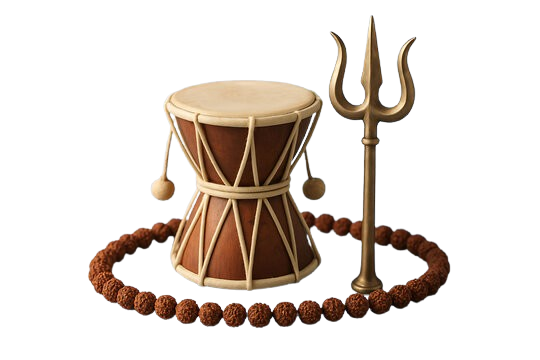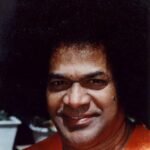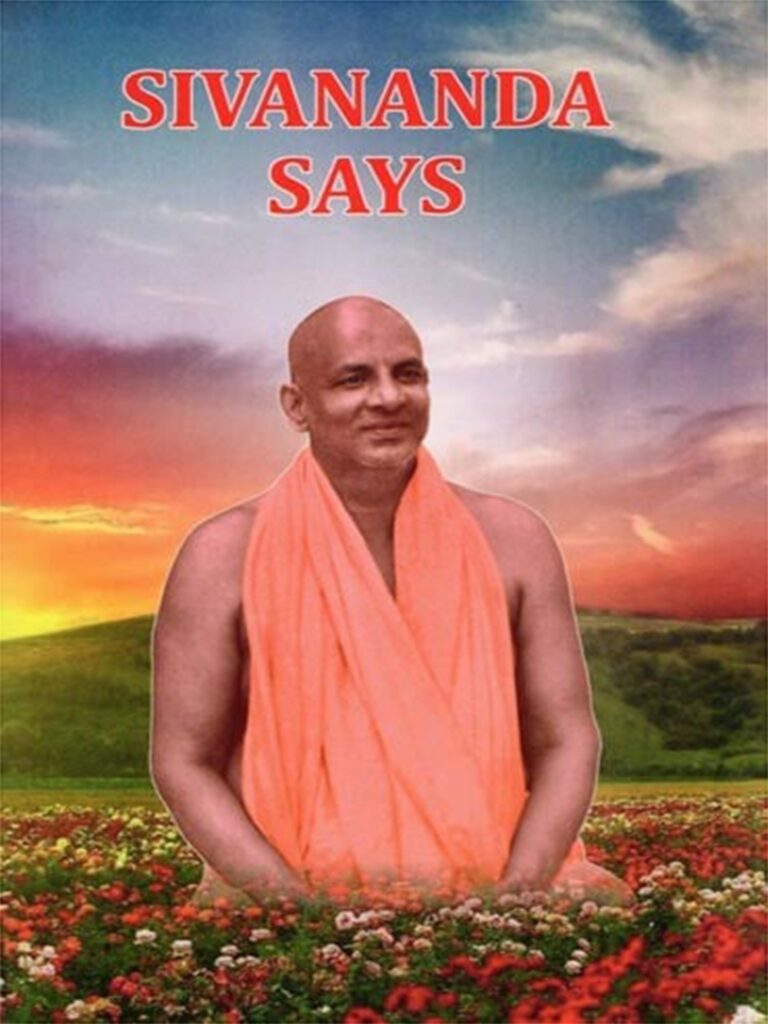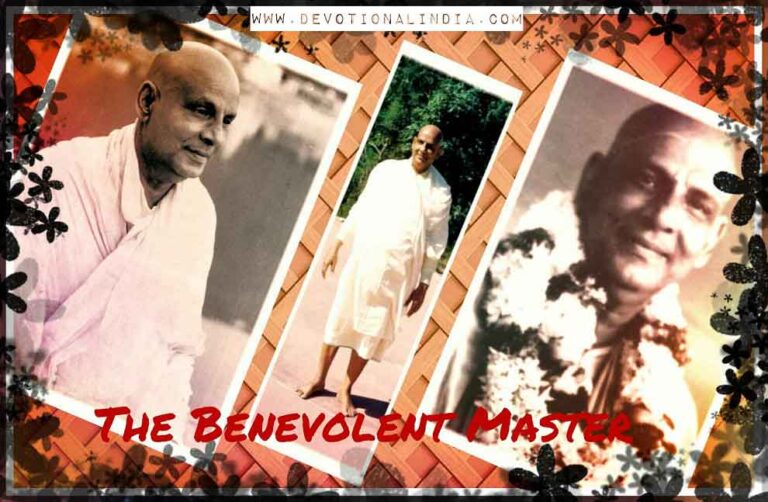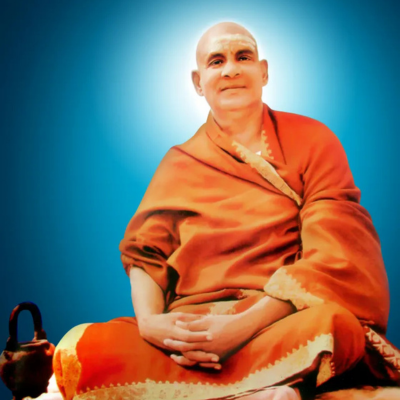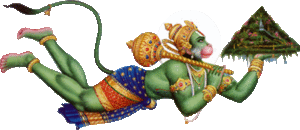Mandukya Upanishad
Mandukya Upanishad
The Māṇḍūkya Upaniṣad, the shortest yet one of the most profound Upaniṣads of the Atharva Veda, consists of just twelve mantras but presents a complete philosophy of the Self and ultimate reality. It explains the sacred syllable Om as the symbol of Brahman and the Self, mapping it onto the four states of consciousness: waking (jāgrat), dreaming (svapna), deep sleep (suṣupti), and the transcendent fourth state (turīya), which is pure awareness beyond dualities. While the first three states correspond to the ordinary experiences of embodied beings, turīya is described as unchanging, infinite, and the true essence of the Self. The Upaniṣad emphasizes that realization of this turīya, through meditation on Om and inner inquiry, leads to liberation, making it a cornerstone text for Advaita Vedānta and the philosophy of non-duality.











